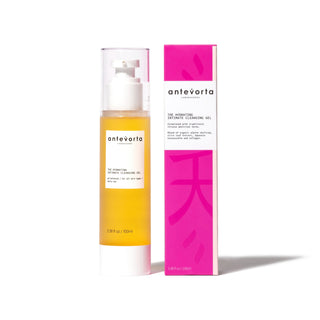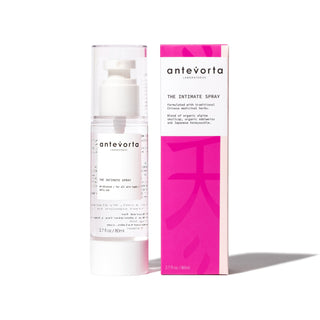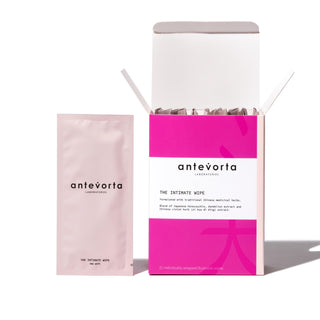In Western culture, premenstrual syndrome (PMS) is often brushed off as "just hormones." But in Traditional Chinese Medicine (TCM), things are never that simple—your emotional state is your body. PMS isn’t just happenstance; it’s the body speaking its truth through mood swings, cramps, and bloating.
1. The Root of the Matter: Liver Qi Stagnation
In TCM, the Liver rules the free flow of Qi and Blood. When your Liver Qi gets blocked—often by stress, suppressed anger, or emotional overwhelm—you might experience premenstrual tension, irritability, and cramping. This stagnation can manifest as moodiness, breast tenderness, headaches, and even gastrointestinal or skin issues.
2. Diet & Lifestyle: Your PMS First Line of Defense
- Eat foods that move Qi—sour or pungent flavors help shake things loose. Try warm teas, soups, or cooked meals with ginger, plum, celery, or hawthorn. These aren’t just food—they’re a gentle invitation to flow.
- Avoid the stagnators—cold drinks, raw salads, dairy, grease, sugar, and chilled smoothies weigh on your digestion and make it harder to move Qi.
3. Herbs and Practices for Calm and Flow
- Classic formulas for Liver Qi stagnation like Xiao Yao San (Free and Easy Wanderer) and Chai Hu Shu Gan Tang gently restore emotional and menstrual balance.
- Acupuncture—especially at points like SP6, LR3, and RN4—can support the body’s own rhythm by calming the Liver and boosting Spleen Qi.
- Move the Qi with gentle practices—like a short Qigong sequence, a mindful walk, or breathwork—to soothe tension and improve flow before your period.
Bottom Line
If PMS feels like a monthly takeover, it may indicate deeper energetic tension—not just fluctuating hormones. In TCM, PMS isn’t something to "push through." It’s a signal to honor your emotional landscape and nourish your internal flow. Supporting the Liver, caring for your Spleen, and choosing warmth, movement, and joy are some of the most radical acts of self-care there are.





